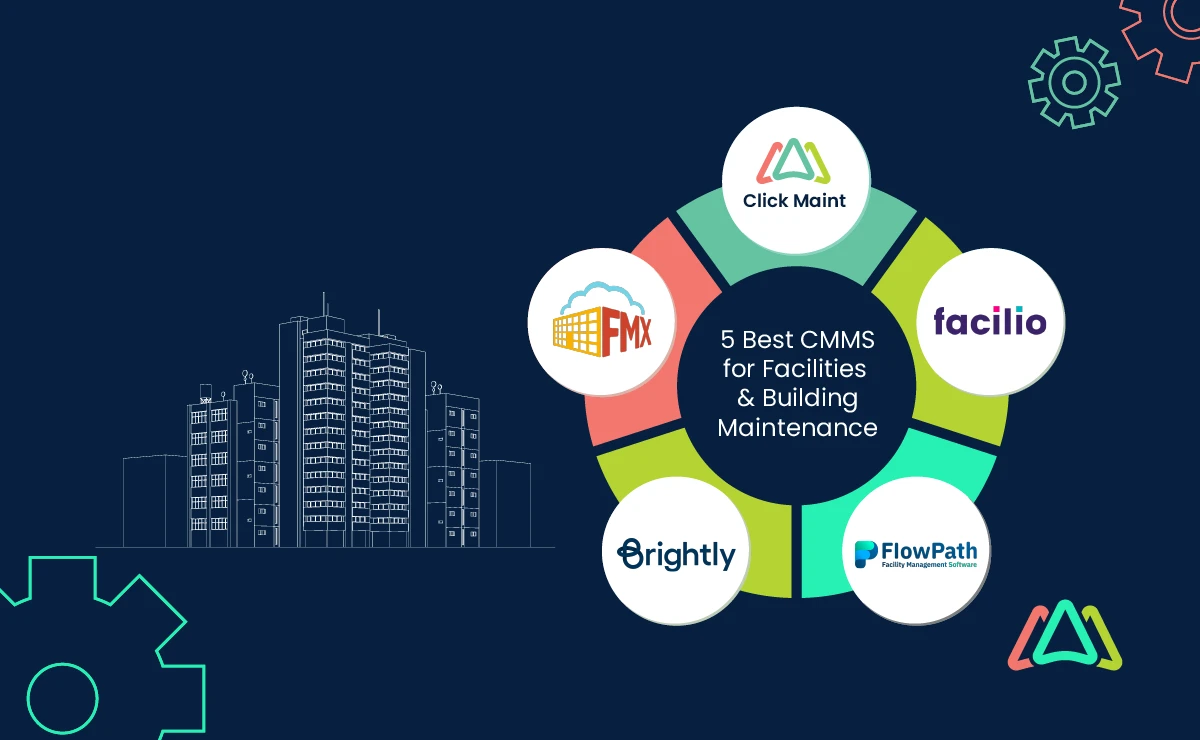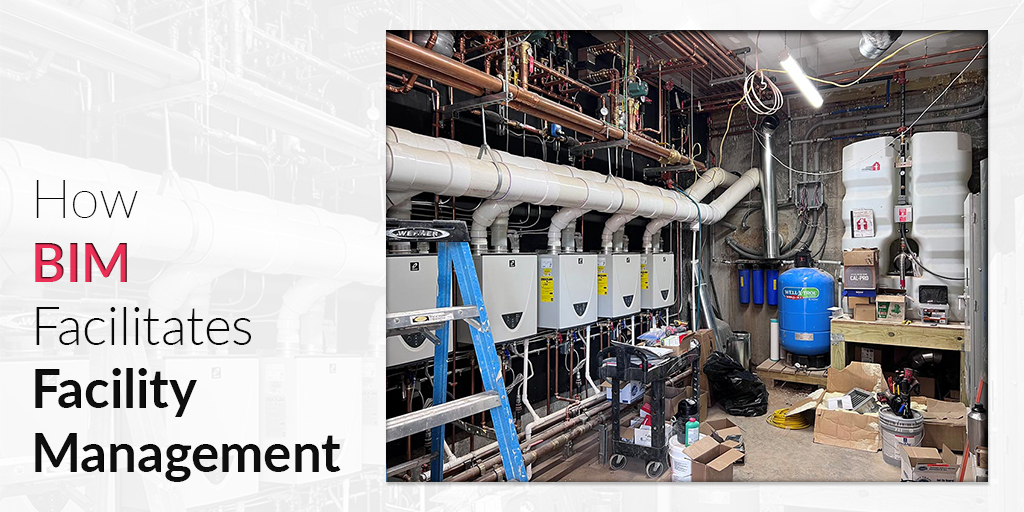Facility Management Services-- Ensuring Security and Maintenance
Facility Management Services-- Ensuring Security and Maintenance
Blog Article
Secret Patterns Forming the Future of Center Administration in 2024
As we look ahead to 2024, the landscape of facility administration is poised for considerable change, driven by a number of vital fads. The assimilation of smart building technologies and a change in the direction of data-driven decision-making promise to boost functional efficiency while focusing on sustainability in method.
Smart Structure Technologies
Smart building modern technologies include a large array of systems, consisting of smart lighting, cooling and heating controls, and protection systems. By incorporating these systems, center supervisors can keep an eye on and adjust parameters in real-time, bring about substantial reductions in power waste and functional expenses. Wise sensing units can detect tenancy degrees and change illumination and temperature appropriately, ensuring that energy is only used when needed.
Furthermore, these modern technologies help with enhanced data collection, allowing companies to track use patterns and determine possibilities for further renovations. The application of clever building innovations not just adds to sustainability objectives however also creates healthier job atmospheres that can improve staff member efficiency and contentment.
As we relocate into 2024, the fostering of smart building technologies will likely accelerate, showing a wider shift towards even more smart, receptive, and sustainable facility monitoring practices.
Data-Driven Choice Making
Increasingly, organizations are leveraging data-driven decision making to improve center monitoring techniques. By using information analytics, facility supervisors can obtain actionable insights that substantially improve functional effectiveness and source allotment. The combination of innovative innovations, such as IoT sensors and real-time monitoring systems, enables the collection of substantial amounts of information on building efficiency, tenancy prices, and power intake.
This wide range of details allows center supervisors to determine trends, forecast maintenance demands, and proactively address concerns before they rise. Predictive analytics can forecast devices failings, minimizing downtime and fixing expenses. Additionally, data visualization devices facilitate much better interaction amongst stakeholders, ensuring that notified decisions are made collaboratively.
Moreover, data-driven techniques enhance tactical preparation by making it possible for center supervisors to evaluate the effectiveness of current techniques and make notified options relating to investments in modern technology or framework. As organizations significantly prioritize functional excellence, data-driven decision production is poised to come to be a foundation of effective facility management strategies in 2024 and past. Inevitably, the ability to take advantage of data properly will encourage companies to develop extra reliable, efficient, and resilient centers.
Sustainability and Eco-friendly Practices
The focus on data-driven decision making naturally straightens with the expanding concentrate on sustainability and green methods within facility administration. As organizations significantly prioritize environmental responsibility, center managers are leveraging analytics to enhance resource usage, reduce waste, and reduce carbon footprints. This strategic method allows the integration of energy-efficient systems, such as LED illumination, clever HVAC controls, and renewable resource resources into facility operations.
Furthermore, the execution of lasting practices extends past energy usage. Center managers are adopting environment-friendly materials and advertising reusing initiatives to create a circular economy within their facilities. This not just enhances the ecological profile of the organization however likewise fosters a society of sustainability amongst employees.
Compliance with environmental laws is another important aspect driving the adoption of eco-friendly practices. By using data analytics, facility supervisors can check compliance metrics and determine locations for improvement, ensuring adherence to neighborhood and international sustainability criteria.
Crossbreed Job Designs
A substantial change in the direction of hybrid job versions is improving the landscape of center monitoring in 2024. This standard integrates remote and in-office job, requiring a reevaluation of space usage, source allowance, and employee involvement methods. Organizations are significantly acknowledging the importance of versatile work areas that cater to diverse demands and preferences.
Facility supervisors should adapt by carrying out functional office layouts that sustain collaborative efforts while providing locations for focused job. This consists of the assimilation of modern technology to promote seamless communication and partnership among in-office and remote workers. Smart building solutions, outfitted with analytics and sensors, permit real-time tracking of space use, allowing companies to optimize their settings successfully.
Furthermore, crossbreed work versions stress the requirement for reliable facility management that prioritizes worker experience. This incorporates not only modern technology and room style however additionally the advancement of policies that advertise a well balanced work-life dynamic. As companies navigate this change, the role of center monitoring becomes critical in producing an active workplace that promotes performance and drives organizational success. you can check here Fundamentally, the crossbreed work version is transforming center monitoring, motivating a positive technique to satisfy the evolving demands of the workforce.
Enhanced Occupant Wellness
As organizations welcome hybrid job designs, a heightened concentrate on resident health is ending up being indispensable to facility administration methods. Facility Management. This shift identifies that a satisfied and healthy labor force directly visit this web-site influences performance and retention rates. Facility managers are currently focusing on environments that advertise mental and physical well-being, integrating elements such as all-natural illumination, biophilic layout, and easily accessible wellness resources

Modern technology plays an essential duty in this advancement. Smart building systems can keep track of ecological variables and readjust settings in real-time, ensuring optimal convenience degrees - Facility Management. Furthermore, comments devices, such as occupancy sensing units and worker surveys, allow center managers to continually improve wellness initiatives based upon resident demands.

Verdict
In 2024, the future of facility management will be considerably affected by the assimilation of wise building modern technologies and data-driven decision-making, cultivating boosted operational effectiveness. These fads collectively underscore the advancing landscape of center administration in reaction to modern difficulties and opportunities.
Center supervisors are advertising and taking on eco-friendly products reusing campaigns to create a round economic climate within their facilities.A significant change in the direction of hybrid job versions is improving the landscape of facility administration in 2024.Additionally, hybrid work versions emphasize the demand for reliable center administration that focuses on employee experience.As organizations embrace hybrid job models, an increased emphasis see here now on occupant health is becoming essential to center administration approaches.In 2024, the future of center management will be dramatically affected by the assimilation of clever structure modern technologies and data-driven decision-making, promoting enhanced operational performance.
Report this page